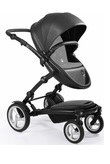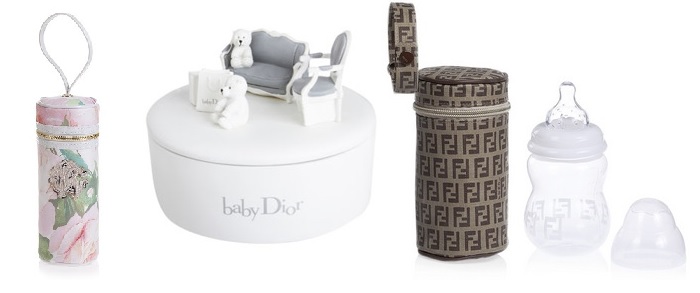Dads-to-be how your age can affect your fertility
It’s easy to think that your age doesn’t matter when it comes to having a child. After all, celebrities such as Robert De Niro and Rupert Murdoch have fathered healthy babies well into their twilight years. However, the truth about male fertility and age may surprise you.
Does my age affect my fertility?
In short, yes. Although most men are able to have children well into their 50s and beyond, it becomes gradually more difficult after the age of 40. There are many reasons for this, including:
Sperm quality tends to decrease with age. You may still produce a similar number of sperm in your 50s as you did in your 30s. However, their shape (morphology) and movement (motility) are both likely to deteriorate as you get older. As a result, it will be more difficult for them to fertilise an egg.
From about the age of 40, your testosterone levels are likely to decrease. This may reduce your libido, or make it more difficult for you to have regular sex.
Illnesses that decrease fertility are more common among older men. Certain medications for later-life medical problems can also interfere with fertility.
Older men tend to have older partners. Female fertility starts to decline after the age of 30, dropping more sharply after the age of 35. The older your partner, the more difficult it may be to conceive.
These factors don’t necessarily mean that you won’t be able to father a child in later life. But they do mean that it’s likely to be more difficult.
Original article: https://www.babycentre.co.uk/a564598/dads-to-be-how-your-age-can-affect-your-fertility-and-your-babys-health
Read in Magazine
You must be logged in to post a comment.
click here to log in













































